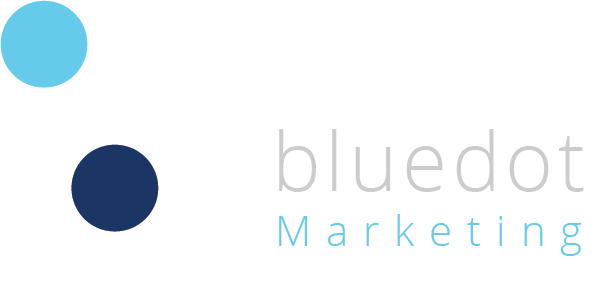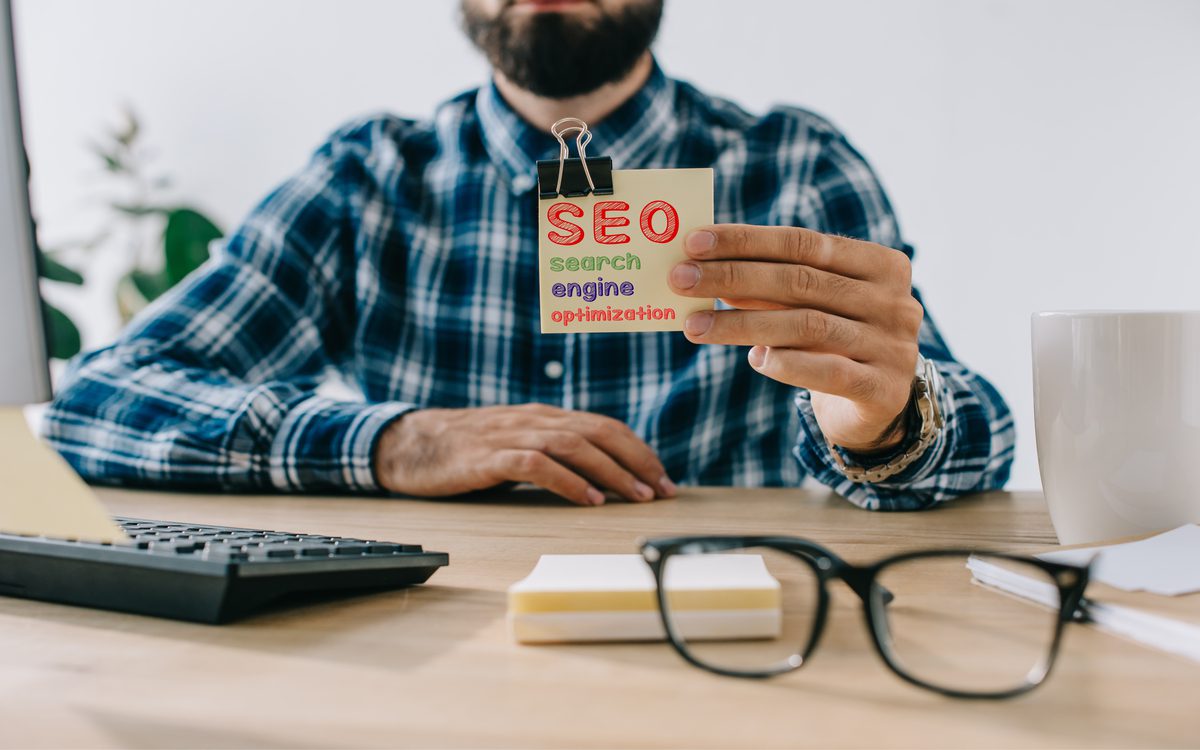Social media and Search Engine Optimization (SEO) are powerful digital marketing tools that can help businesses reach their target audiences and drive website traffic. However, many businesses still need help understanding how social media can affect their SEO efforts. In this post, we will explore advanced tips on how to use social media to boost your SEO.
Building Your Social Media Following
Social media platforms allow businesses to showcase their products and services and create brand awareness. For instance, a company that sells health supplements may build a following on Instagram by posting images of its products and offering tips on healthy living. Building a large and engaged following on social media can significantly impact your SEO.
When you have a larger following on social media, your content is more likely to be shared and seen by a wider audience. This leads to increased social signals and backlinks, which can improve your search engine rankings. Social signals refer to the likes, shares, and comments that your content receives on social media. These signals are important because they indicate to search engines that your content is popular and valuable.
To build a large and engaged following on social media, it is essential to create and share high-quality content that resonates with your target audience. Your content should be engaging, informative, and shareable. Additionally, you should promptly interact with your followers by responding to comments and messages.
Driving Traffic to Your Website
Platforms like Facebook, Twitter, and LinkedIn can help increase your website’s visibility and reach. By sharing links to your website on social media, you can drive traffic to your website. When more people visit your website, it signals to search engines that your site is relevant and valuable, which can improve your search engine rankings.
However, ensuring that your links are high-quality, relevant, and valuable to your audience is essential. For instance, a company that sells camping gear may share a link to a blog post about “10 Tips for a Memorable Camping Trip” on Facebook. This link is valuable because it offers practical tips relevant to their target audience.
Sharing low-quality links can lead to a negative impact on your SEO. For instance, if a company shares a link to a blog post that is poorly written or irrelevant to its audience, it may lead to a high bounce rate. A high bounce rate occurs when visitors leave your site after viewing only one page. Search engines interpret a high bounce rate as an indication that your content is not valuable or relevant to your audience, which can negatively impact your search engine rankings.
Engaging Your Audience on Social Media
Engaging with your audience on social media can help improve your website’s rankings in several ways. When people engage with your content on social media, it can lead to increased social signals, backlinks, and increased visibility. Additionally, engaging with your audience on social media can help establish your brand’s reputation online.
For instance, a company that offers digital marketing services may create a Twitter poll asking its followers to vote for their favourite social media platform. This type of engagement can lead to increased visibility and social signals.
Responding to comments and messages promptly and effectively can increase engagement and establish trust with your audience. For instance, if a customer leaves a negative comment on your Facebook post, responding promptly and offering a solution can help improve their perception of your brand.
Promoting Guest Blogging Opportunities on Social Media
Guest blogging is an excellent way to increase your website’s authority and backlinks. When high-quality writers and bloggers contribute content to your website, it signals to search engines that your website is relevant and valuable, which can lead to improved search engine rankings. Using social media to promote guest blogging opportunities, you can attract writers and bloggers interested in your niche and with a similar target audience.
For example, suppose you run a website that sells organic skincare products. In that case, you can use social media platforms like Twitter, Instagram, and LinkedIn to contact skincare influencers and bloggers specializing in organic skincare. By promoting guest blogging opportunities on social media, you can attract high-quality writers and bloggers to your site who can contribute valuable content and help improve your website’s authority.
In conclusion, social media and SEO are powerful tools that help businesses reach their target audience and drive website traffic. You can significantly impact your SEO efforts by using social media to build your following, drive traffic to your website, engage with your audience, and promote guest blogging opportunities. However, using social media strategically is essential to ensure that it aligns with your overall digital marketing strategy.
To develop effective digital marketing strategies, businesses can turn to professional agencies specializing in SEO and social media marketing, such as Bluedot Marketing. We have the expertise and experience to create customized digital marketing plans that help businesses achieve their goals and reach their target audience more effectively. With the right strategies in place, businesses can harness the power of social media and SEO to grow their brand, increase website traffic, and achieve long-term success.







